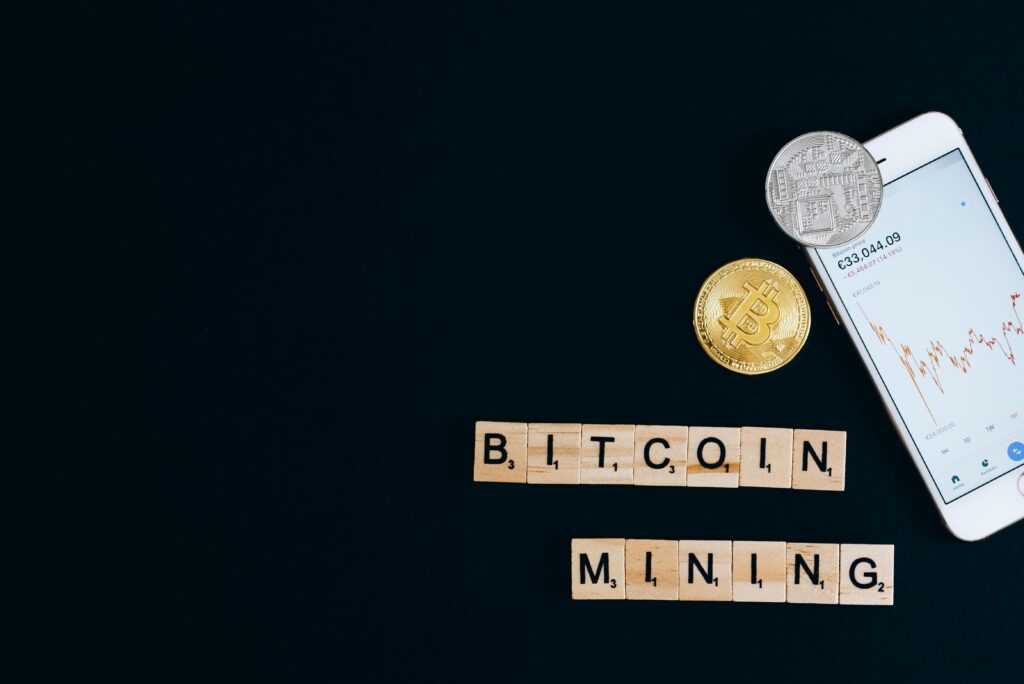A solo Bitcoin miner has hit the jackpot once again by successfully mining a new block. This achievement earned the miner a reward of 3.125 Bitcoin, currently worth more than €160,000.
How does mining work?
On average, a new block of Bitcoin transactions is added to the blockchain every ten minutes. To find this block, miners must solve a complex cryptographic puzzle. The first miner to guess the correct number that meets the required difficulty level gets to “mine” the block and receives the associated reward.
This process uses a hash function: all the block’s information is processed through a function, and the output must meet specific conditions. Miners keep adding random numbers to change the input, hoping to find a hash that fits within the difficulty requirements. The challenge for miners is to try as many numbers as possible in the shortest amount of time.
Why are solo miners rare?
Bitcoin mining demands enormous computational power. As a result, large companies have emerged globally, deploying thousands of specialized devices known as ASIC miners to find blocks. These companies operate on an industrial scale with “mining farms,” using vast amounts of energy to continuously search for the right solutions.
For solo miners, the chance of finding a block is very slim because their equipment is far less powerful. Solo mining is often compared to playing the lottery, where the odds of success are extremely low. Yet, despite having less computing power, some solo miners still manage to strike it lucky and find a block.
Small mining equipment gains popularity
Smaller mining devices, such as the BitAxe, are gaining traction among solo miners. Though their chances of success are low, these miners play an essential role in the Bitcoin network by promoting decentralization.
Satoshi Radio, a popular Dutch-language podcast about Bitcoin, has supported this trend by offering BitAxe devices to its listeners. The initiative was a huge success, with more than 350 devices sold. Most of these buyers will soon participate in a mining pool organized by Satoshi Radio. This pool allows users to connect their devices to the internet without worrying about technical details. Unlike other pools, the rewards are not shared. Therefore, anyone who successfully mines a block through the Satoshi Radio pool will receive the full reward in their wallet.
Decentralization and the future
Solo miners, no matter how small their contribution might seem, play a crucial role in the Bitcoin ecosystem. They help ensure that control over the network doesn’t fall entirely into the hands of large mining companies, preserving the decentralized nature of Bitcoin.
With the growing popularity of small mining devices and initiatives like those from Satoshi Radio, we may see more successful solo miners emerge from unexpected corners of the world. The next winning solo miner could very well come from the Netherlands.



